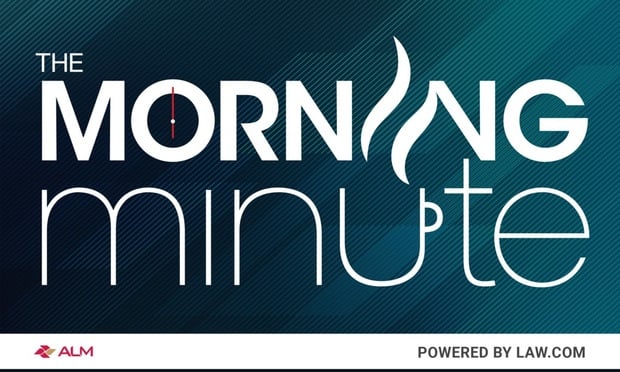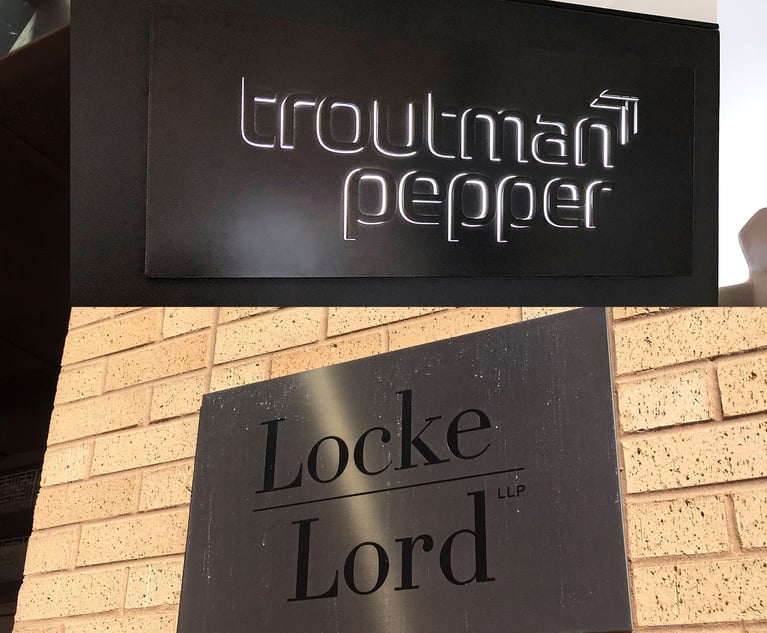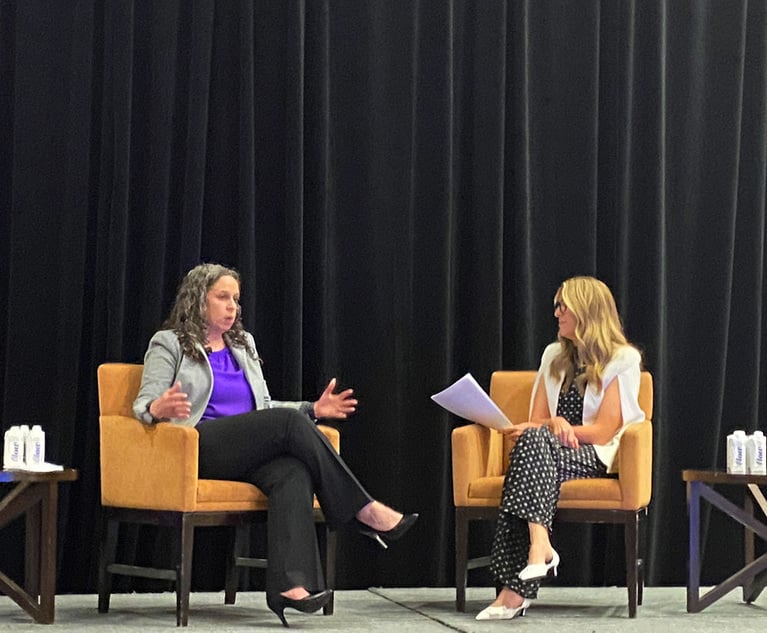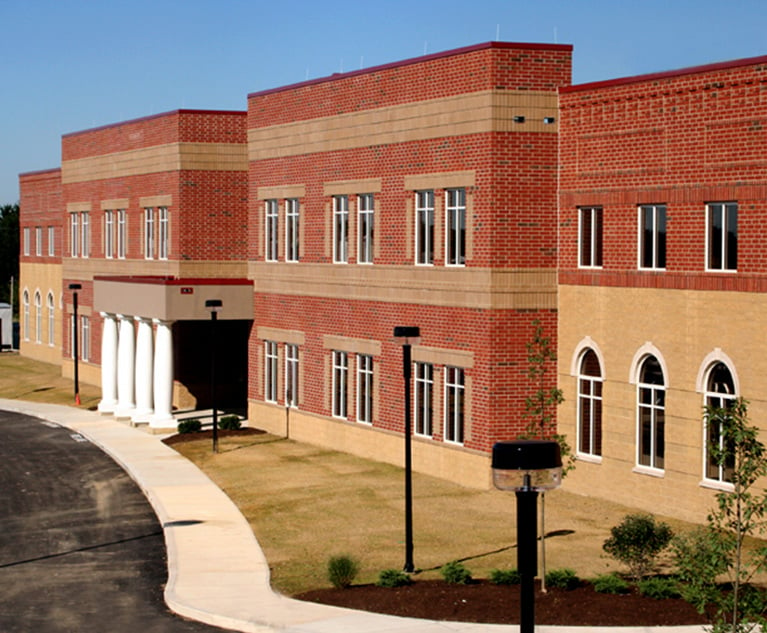Want to get this daily news briefing by email? Here’s the sign-up.
WHAT WE’RE WATCHING
BIG LAW BAILOUT - About a fifth of the Am Law 200—more than three dozen law firms—have received paycheck protection loans from the Small Business Administration, Dylan Jackson reports. Those firms that received loans of between $5 million and $10 million include Boies Schiller Flexner, Kasowitz Benson Torres and Hughes Hubbard & Reed. Meanwhile, the majority of law firms that received PPP loans are small and midsize firms making less than $100 million. But law firm consultant Kent Zimmermann cautioned against the assumption that taking a PPP loan necessarily indicates a firm is in dire financial straits, noting that nearly every firm he has spoken to during the pandemic at one time considered a PPP loan, and most of the larger Am Law 100 firms didn’t even qualify. JUDICIAL JENGA - Fans of the Affordable Care Act may have reason to be optimistic now that the law’s fate rests in the hands of the U.S. Supreme Court. Marcia Coyle reports that, for the second time in two weeks, the justices have made clear that they believe there is a “strong” presumption of severability in the absence of express severability clauses. In other words, every effort should be made to extract an unconstitutional provision without toppling the entire statute. This is a key issue in California v. Texas, currently pending before SCOTUS, in which the DOJ is arguing that the entire health care insurance law should fall after Congress in 2017 eliminated the tax penalty for failure to purchase health insurance. TESTING…TESTING… - Perhaps in an attempt to not be Florida, California appears to be approaching its rescheduled July bar exam very carefully. Today, as Cheryl Miller reports, California’s Supreme Court and state bar will host an online meeting to gather feedback from law school graduates registered to take the test, which is currently slated for September. In a message sent last week to applicants, the state bar said the three-hour Zoom meeting will offer participants one minute each to share their thoughts with the court and bar officials. Applicants can also submit written comments. While state officials continue weighing how to administer the exam, there’s a thin line between thoughtfulness and procrastination, and some graduates and law school faculty have begun applying pressure to set a firm date for the exam or to create an alternative licensing plan.










